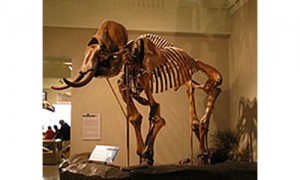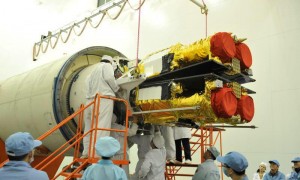Ashraf Ghani has been sworn in as Afghanistan's president in a ceremony at the presidential palace in Kabul.
阿什拉夫·加尼在喀布尔总统府中举行的一场仪式中宣誓担任阿富汗总统。
Abdullah Abdullah (l) and Ashraf Ghani signed the power-sharing agreement last Sunday
It comes after six months of deadlock amid a bitter dispute over electoral fraud and a recount of votes.
Under a US-brokered unity deal Mr Ghani takes over the presidency and runner-up Abdullah Abdullah can nominate a figure with prime-ministerial powers.
The Taliban have described the deal as a "US-orchestrated sham" but Mr Ghani hailed it as a "big victory".
Mr Ghani took an oath to abide by the constitution at the swearing-in ceremony attended by up to 100 dignitaries.
He has praised the country's "first democratic transfer of power" and has also spoken warmly of his rival, and now partner in government, Mr Abdullah.
Mr Abdullah, who takes on the newly created role of chief executive, said the two leaders would work together "for a better future with trust and honesty".
In a speech as the ceremony began, outgoing President Hamid Karzai, who has been leader since the US-led invasion in 2001, called for people to support the new government.
The BBC's David Loyn in Kabul says security in the capital is tight, with few people on the streets and shops closed.
Our correspondent says the first thing the government is expected to do is to sign a deal that will see US troops remain in Afghanistan after the end of this year - a move opposed by Mr Karzai.
Militants attacked a government compound in the eastern province of Paktia on Monday, officials say.
Meanwhile, a roadside bomb exploded on the airport road in Kabul. No one was hurt.
On Friday the Taliban overran a strategic district in another eastern province, Ghazni, highlighting some of the many challenges facing Mr Ghani and his security forces.







